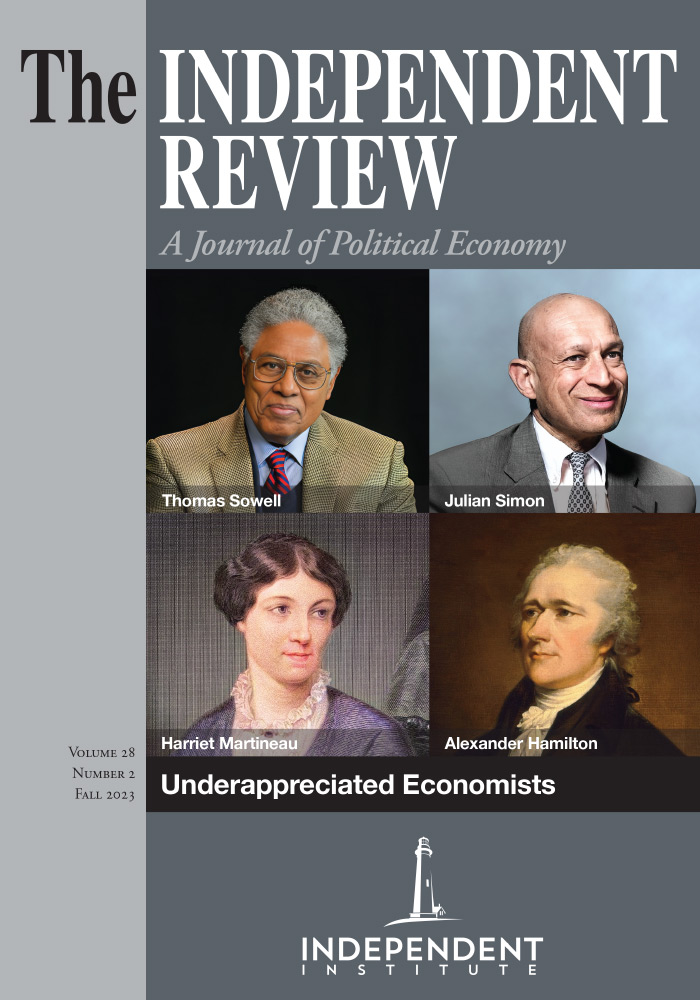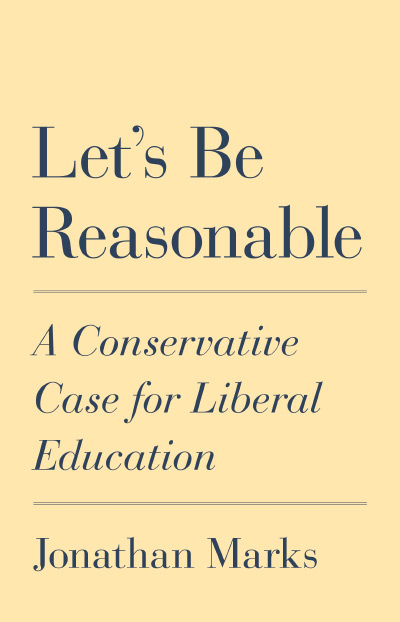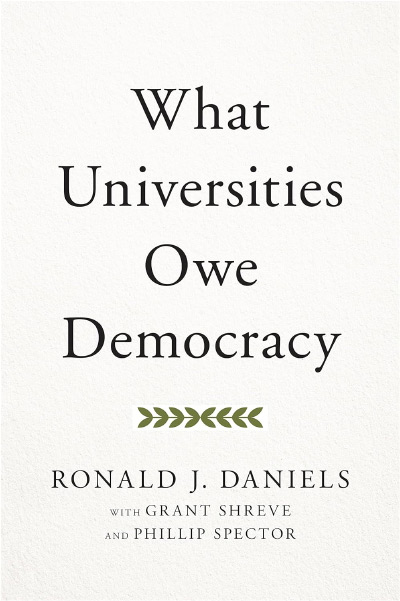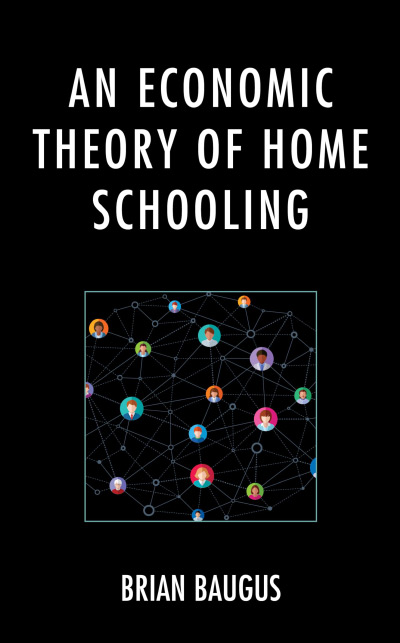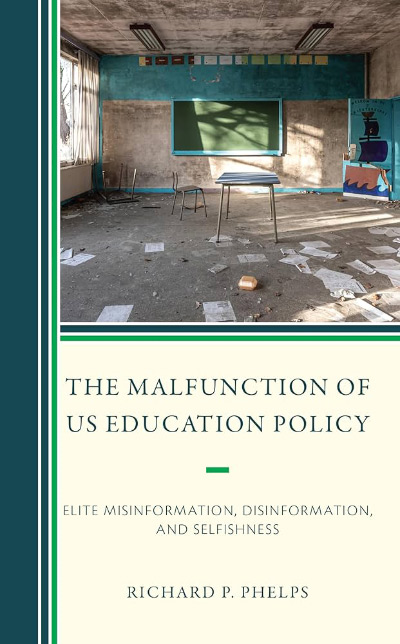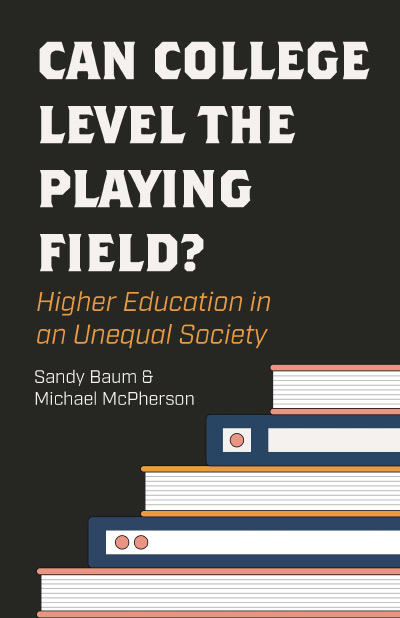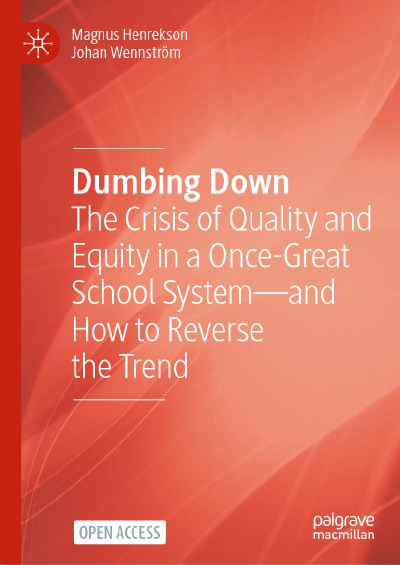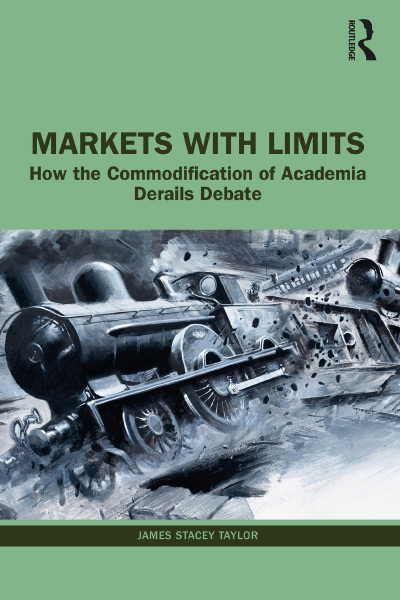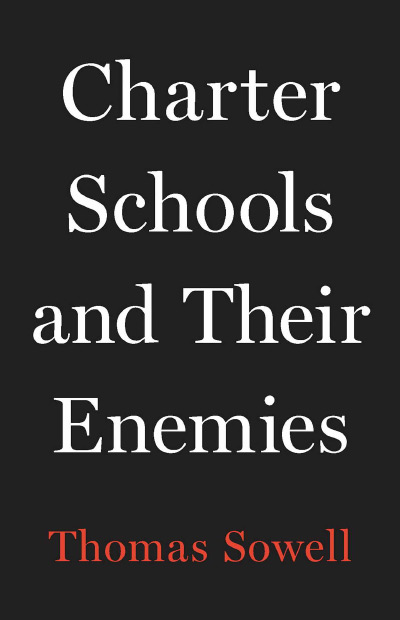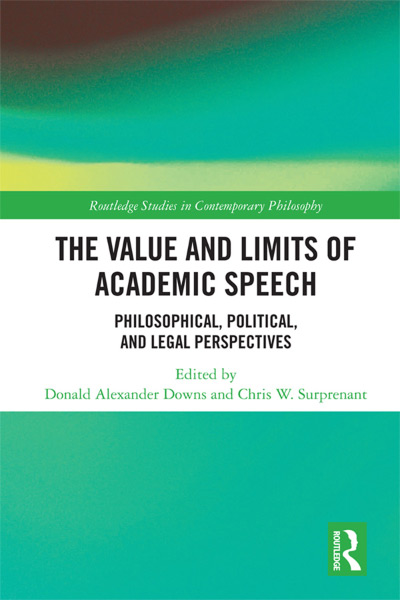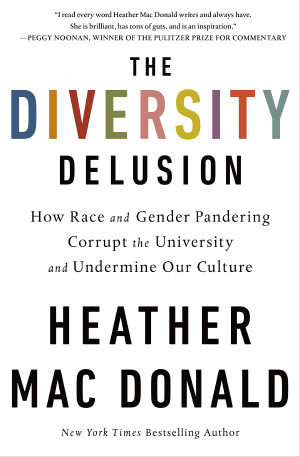Earlier this year, The Independent Review published a timely symposium on the future of higher education. Sadly, as Phillip Magness and David Waugh argued in their essay “The Hyperpoliticization of Higher Ed: Trends in Faculty Political Ideology, 1969–Present,” that future is likely to be increasingly dominated by a left-leaning supermajority responsible for rampant discrimination against non-left job seekers, both conservatives and moderates. Is there room for conservatives in higher education? Is there a conservative case for the traditional liberal arts—history, literature, philosophy, politics, and other disciplines that ask us to wrestle with questions like “Who am I?” and “How should I live?”
Jonathan Marks (professor of politics at Ursinus College) thinks that there is a conservative case to be made—indeed it should be the same case accepted by moderates, progressives, and everyone else. That case is that higher education and the liberal arts in particular can shape us as reasonable individuals. It can and should teach us to reason rightly, following John Locke’s Some Thoughts Concerning Education (1728) “to distinguish truth and falsehood, right and wrong, and to act accordingly.” “The discipline of yielding to and acting on reasonable arguments, rather than impulses, tribal loyalties, or superstitions, protect one’s freedom and can be a source of pride” (p. 5). It can cultivate our taste for reflecting on fundamental questions. It can lead us to test and explore our convictions. It can push us to discover truth. It can even lead us away from despair toward hope. And it can stand up to the fact that the truth is often messy and contested.
“The highest aim of liberal education is not a set of skills but a kind of person.” The liberally educated person follows Locke in saying “that there ‘cannot be anything ... so misbecoming ... anyone who pretends to be a rational creature, as not to yield to plain reason and the conviction of clear arguments.’ This kind of person, who honors reason, still has to work at becoming reasonable. The odds against reason are long” (p. 63). Moreover, the person who cannot be brought to fairly examine his own principles, does not think for himself and is simply not free. “We don’t create ourselves or even construct our beliefs about the world without borrowed premises. But within those limits, liberal education, an education in freedom, shapes people who hold up their opinions—about raising children, or caring for friends, or practicing politics—to rational scrutiny” (p. 67).
Okay, this all seems “reasonable,” but where can this ancient tradition go wrong? If it is this obvious, why do so many think our colleges no longer care about reason? And why are the odds against reason long?
Perhaps it should be put into economic terms. On the supply side, our college professors—who have made careers of trying to be reasonable and have wrestled with these questions since their days as students—eventually form convictions at the end of their search. Marks critically puts it this way: “Follow the argument where it leads,” they teach, but “surprise, it leads to my politics,” my way of thinking, my worldview (p. 102). Indeed, how could it not end up this way? Marks cites a Marxist professor who has his students read Friedrich Hayek’s The Road of Serfdom: “I’m going to assign the book I most disagree with in the twentieth century,” asking them to “recreate its arguments with intellectual empathy,” (p. 161), winning at least one convert to Hayek. This may be a healthy exercise, but few can or will push this approach very hard, for if there were too many converts from what the professor saw as the truth, he would reason that it was a matter of misunderstanding or biases on the part of his students and would consciously or unconsciously do things to pull things back to what he viewed as the truth. Again, how could it not end up this way if the professor believed the truth he had discovered was really the truth, that it was reasonable and that reason—a la Locke—is paramount?
The problem is also on the demand side. Students have become, as Marks puts it, “tyrannized by the reigning opinion that one shouldn’t take education, except as a vehicle for success, too seriously” (p. 71). Because of this there’s just not as much demand for truth these days. We’ve become materialistic, willing to settle for peace and prosperity (good things, indeed) but not to strive for more. We’ve set our sights low, perhaps because life has become too easy. I suspect that part of this is because many no longer think there is “Truth,” but merely “truth.” Yes, there are lower-case truths, but upper-case Truth is best to be avoided in the public square because there’s too much disagreement these days. Yet one can’t really answer Locke’s questions about “right and wrong” without recourse to Truth. (Marks seems to endorse John Stuart Mill’s idea that ‘truth-seeking requires ‘the reconciling and combining of opposites’” (p. 136). Someone who believes in Truth could never accept such an argument. If, for example, the Ten Commandments embody the Truth, then seeking truth through combining them with their opposite is folly at its worst.)
This is what ultimately makes Let’s Be Reasonable unfulfilling. People won’t agree on what being reasonable means and they cannot go all the way back in their reasoning process without getting into “the mystery of existence.” Many conservatives will want to go this additional step, but today’s cultural equilibrium in our colleges and universities seems to prohibit doing so—and Marks himself doesn’t seem to see the need to address this tension. If that’s all there is to a liberal education—if we cannot talk about the most important issues—then some will conclude that it’s not worth saving.
In the end, telling us that the liberal arts can teach people to be reasonable may not amount to much. My take is that almost all professors of all ideologies sincerely believe that their beliefs are reasonable and that other beliefs are unreasonable. That is why the left-leaning supermajority cited by Magness and Waugh have generally refused to hire conservatives and moderates. It is not simply a matter of rent seeking. This supermajority believes that it is teaching students to be reasonable and would reject the idea that they are indoctrinating students. They feel that they have passed Locke’s test. Yet, they have reshaped the liberal arts into something that many taxpayers and quite a few students find unreasonable, so support for and the share of students enrolling in the liberal arts are withering.
While Let’s Be Reasonable may convince readers that the liberal arts can teach us to be reasonable, it will not convince them that the liberal education as currently taught in many of our colleges and universities is up to this task.
| Other Independent Review articles by Robert M. Whaples | ||
| Spring 2025 | Millennials, Gen Zs, Capitalism, Socialism, and Confusion | |
| Spring 2025 | Not Stolen: The Truth about European Colonialism in the New World | |
| Spring 2025 | Green Breakdown: The Coming Renewable Energy Failure | |
| [View All (106)] | ||

